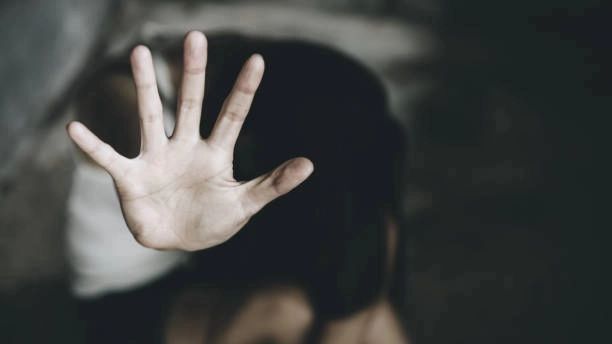The police throughout India flout the 2013 Supreme Court ruling in Lalita Kumari versus State of UP that an FIR must be compulsorily registered in cognisable (serious) crimes. It took over 16 hours for the Kolkata police to register the FIR after the corpse of the brutalised doctor was found in the seminar room of the RG Kar Medical College. The alleged accused, Sanjay Roy, may escape punishment despite the loud baying for his blood.
The superintendent first passed off the rape-cum-murder as a suicide when the brutalised body was found at 7.30 am but the FIR was registered only at 11.45 pm. Such incidents have become a daily occurrence, with India having the dubious distinction of rape being the fourth most common crime.
In a separate incident, protesters blocked the railway tracks at Badlapur for several hours on Tuesday when a call for a bandh was issued after the janitor of a reputed school raped two minor girls. Rape has practically become passé, with India getting a bad name in the West so much so that some years ago, a travel advisory was issued cautioning White women not to travel alone in India. On September 14, 2020, a 19-year-old Dalit girl was raped by four men who tied her dupatta around her spinal cord and cut off her tongue.
The UP police cremated her body at 2.30 am without the consent of her parents. The point is rape is the most heinous crime which a man can inflict on a woman, forever annihilating her psyche and body. In 2023, India ranked quite low on the Women’s Safety Index. According to the Thomson Reuters Foundation’s 2018 report, India was placed among the most dangerous countries for women, with rampant sexual violence, domestic abuse, and human trafficking.
As per the Report of National Crime Report Bureau, the total number of rape cases that were reported were 22,17,24 in 2010, 24,206 in 2011, 24,923 in 2012, 33,707 in 2013, 36,735 in 2014, 34,651 in 2015, 38,947 in 2016. There is no doubt that the rape graph is rapidly rising.
Whether doctor or sweeper, all women enjoy equal rights and the state should ensure those who commit rape should be punished with a minimum of 20 years in jail. Under the old IPC, a man who raped a woman below 16 years could be jailed for 10 years. If he raped a girl below 12 years, he could be jailed for life. Gang rape can get each rapist a minimum of 20 years in jail. Judge Kshama Joshi of the Goa sessions court acquitted Tarun Tejpal of the charge of rape while the appeal has still not been decided.
In March 2000, the Law Commission submitted its 172nd Report on ‘Review of Rape Laws’. Some of the recommendations made were that a minor should not be forced to depose about the rape in the presence of her perpetrator. Her testimony should be immediately recorded in the presence of a judge or social worker.
This would include allowing the child to depose via closed-circuit television or from behind a screen to record a full and candid account of the acts complained of. The judge should conduct the cross-examination of the minor based upon the questions submitted by the advocate of the accused.
The old Indian Penal Code referred to “sexual crimes” under sections 375 to 376E. In 1983, sexual offences by public servants was added as section 114 A of the Indian Evidence Act. The 1983 amendment prohibited humiliating the victim during cross-examination.
Strangely, the LCI took the view that deposing in the presence of the accused should not be totally scrapped but the court should set up a screen so the child would not see her tormentor who could hear the testimony to instruct his advocates for an effective cross-examination.
In the classic 1980s Mathura rape case, the courts took the patriarchal view that this was not a rape but consensual sex as the victim was used to sexual intercourse. The appeal was filed in Bombay High Court, which differentiated between “consent” and “passive submission”. The Supreme Court acquitted the accused of rape because the body of the girl bore no injury marks and she was habituated to sex which led the judges to opine she must have enticed the policemen to ravish her.
The 50th CJI Dhananjaya Chandrachud is arguably the most liberal CJI which this country has ever had. His questions in court, asking how the principal of RG Kar Medical College was reinstated hours after resigning from his post, depicts a genuine desire to ensure justice is done. This is why the apex court exercised its suo moto powers which it rarely does. With the three-judge bench directing the CBI to submit its report to the court, the judiciary has shown a marked departure from its old patriarchal mindset.
Olav Albuquerque holds a PhD in law and is a senior journalist and advocate at the Bombay High Court
Images are for reference only.Images and contents gathered automatic from google or 3rd party sources.All rights on the images and contents are with their original owners.



Comments are closed.